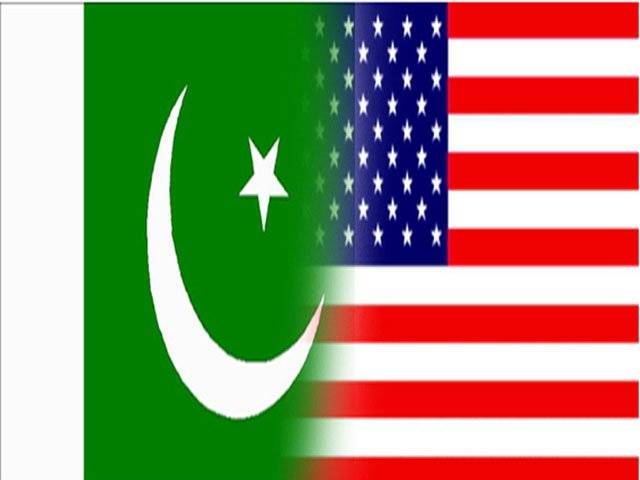After a troubled period in U.S.-Pakistani relations, Pakistani forces have arrested five key al-Qaida suspects at the CIAs request, including a senior operative whose name has not been made public, and also allowed U.S. intelligence officers to question those detainees, according to U.S. and Pakistani officials. Pakistan has also stopped demanding the CIA suspend the covert drone strikes that have damaged al-Qaidas militant ranks in Pakistans tribal areas, officials on both sides say though the Pakistanis say they have simply put this on the back burner for now. The officials spoke on condition of anonymity to discuss sensitive strategic matters. The moves mark a step forward in a relationship that has been at a near stand-still since the covert U.S. raid that killed Osama bin Laden inside Pakistan in May. The raid inflamed anti-American sentiment in Pakistan and embarrassed its intelligence services, although both sides quietly said intelligence cooperation never completely stopped. It had reached its nadir, but now its going in the other direction, Director of National Intelligence James Clapper said in an interview on Friday. They are doing things to cooperate and be helpful, Clapper said, though he would not comment on the details shared by other U.S. as well as two Pakistani officials. For a time, Pakistans Inter-Services Intelligence agency refused to carry out any joint operations with American intelligence officers, nor would they allow the Americans access to question militant detainees. Visas as well were hard to come by for U.S. officials of any stripe. The breakdown in relations took on a tit-for-tat quality, with Pakistan expelling most of the U.S. military trainers in the country, and the U.S. cutting off several hundred million dollars in military aid. Clapper and three top CIA officials have held meetings with Pakistans intelligence chief Lt. Gen. Shuja Pasha both in the U.S. and Islamabad since the bin Laden raid. The improved cooperation is a byproduct of mutual need, rather than shared trust at this point, officials concede. Pakistan does not want to risk losing U.S. diplomatic and financial support, and the U.S. needs Pakistani cooperation to continue counterterrorist operations against al-Qaida in one of its key safe havens. The U.S. military also needs Pakistani consent to use the countrys roads to resupply U.S. forces in Afghanistan.(AP)
Friday, April 19, 2024
US, Pakistani spies slowly rebuilding ties, targeting Qaida together again: Officials

China's EV tech offers opportunity for Pakistani auto industry
9:27 AM | April 19, 2024
PM calls for reforms to reduce circular debt
April 19, 2024
Pakistan, Turkiye to expand defence ties
April 19, 2024
20pc Discos employees involved in power theft: Minister
April 19, 2024
Five govt officials shot dead in D I Khan
April 19, 2024
Hepatitis Challenge
April 18, 2024
IMF Predictions
April 18, 2024
Wheat War
April 18, 2024
Rail Revival
April 17, 2024
Addressing Climate Change
April 17, 2024
Justice denied
April 18, 2024
AI dilemmas unveiled
April 18, 2024
Tax tangle
April 18, 2024
Workforce inequality
April 17, 2024
New partnerships
April 17, 2024
ePaper - Nawaiwaqt
Advertisement
Nawaiwaqt Group | Copyright © 2024





